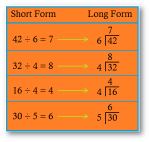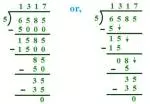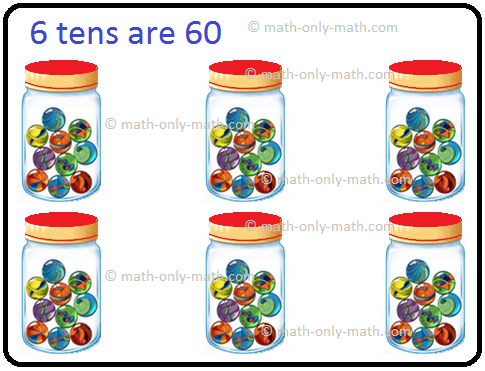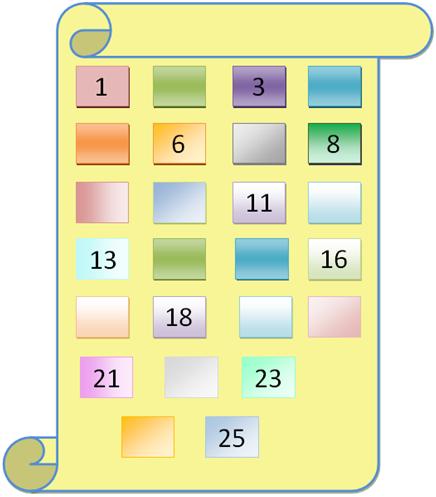Random Experiments
Random experiments are also known as observations. The word ‘Probability’ is used very often in our daily life; such as ‘probably he is an honest man’, ‘what is the probability of a double head in a throw of a pair of coin?’, ‘probably it will rain in the evening’ and so on.
These days, an attempt towards a theory of probability is extensively used in various fields of what we are interested in. The instant answer is obviously an event. At first we will discuss about the precise meaning of the term ‘event’ and how it is used in our mathematical theory. Now our next step will help us to get the idea of what are random experiments or observations.
Definition of random experiment:
An experiment for which we know the set of all different results but it is not possible to predict which one of the set will occur at any particular execution of the experiment is called a random experiment.
For example: tossing a fair coin, casting an unbiased die and drawing a card from a pack of 52 cards.
Let us take the experiment of tossing a coin. If we toss a coin then we get two possible outcomes either a ‘head’ (H) or a ‘tail’ (T), and it is impossible to predict whether the result of a toss will be a ‘head’ or ‘tail’.
Let us consider a similar experiment rolling a die from a box. It we a die then there are only six possible outcomes. The faces of the die are marked as 1, 2, 3, 4, 5 and 6 and these are the only possible outcomes. But here also the outcome of a particular throw is completely unpredictable.
Again similarly when we are concerned about the measurement of a chemical quantity with the required instrument the outcome of the experiment does not exactly give the true value of the quantity but a value close to it due to that are called experimental errors. If repeated observations are taken the measured values are not again the same to the previous one but it will fluctuate in an unpredictable manner. Here we can take, at least for the theoretical considerations that the possible outcomes comprise all the real numbers, but the number given by a single measurement can’t be exactly predicted. In our mathematical theory we will only consider the experiments or observations, for which we know a priori the set of all different possible outcomes, such that it is impossible to predict which particular outcome will occur at any particular performance of the experiment, are called random experiments. As such, if a random experiment is repeated under identical conditions the outcomes or results may vary or fluctuate at random.
Probability
Probability of Tossing Two Coins
Probability of Tossing Three Coins
Probability for Rolling Two Dice
Probability for Rolling Three Dice
From Random Experiments to HOME PAGE
Didn't find what you were looking for? Or want to know more information about Math Only Math. Use this Google Search to find what you need.
Recent Articles
-
How to Do Long Division? | Method | Steps | Examples | Worksheets |Ans
Apr 22, 25 12:42 PM
As we know that the division is to distribute a given value or quantity into groups having equal values. In long division, values at the individual place (Thousands, Hundreds, Tens, Ones) are dividend… -
Division of Four-Digit by a One-Digit Numbers | Worksheet with Answer
Apr 22, 25 12:12 PM
In division of four-digit by a one-digit numbers are discussed here step by step. How to divide 4-digit numbers by single-digit numbers? -
Skip Counting by 10's | Concept on Skip Counting |Skip Counting by Ten
Apr 22, 25 11:53 AM
The concept on skip counting by 10’s or tens is an essential skill to learn when making the jump from counting to basic addition. The sequence chart will help us to write the number to complete the se… -
Worksheets on Missing Numbers from 1 to 25 | Missing Number Worksheets
Apr 22, 25 11:28 AM
Printable worksheets on missing numbers from 1 to 25 help the kids to practice counting of the numbers. -
Conversion of a Decimal Fraction into a Fractional Number | Decimals
Apr 22, 25 02:52 AM
We will discuss here about the working rule for the conversion of a decimal fraction into a fractional number. The rules of converting decimal number to fraction are





New! Comments
Have your say about what you just read! Leave me a comment in the box below. Ask a Question or Answer a Question.